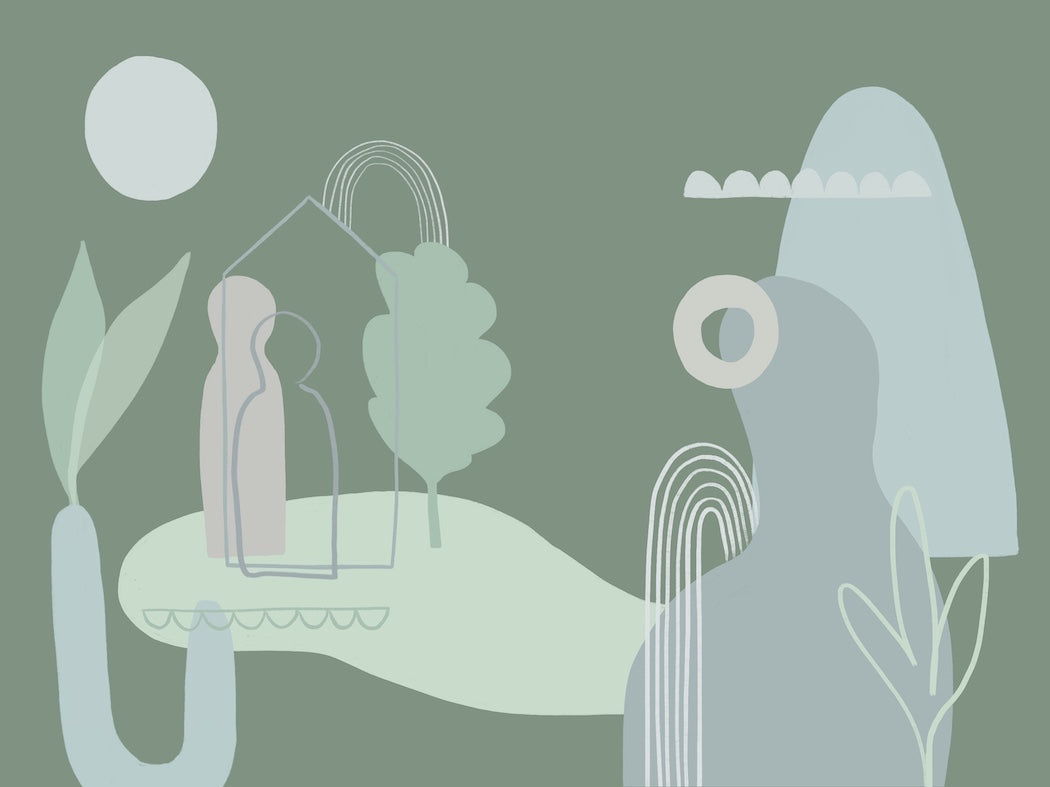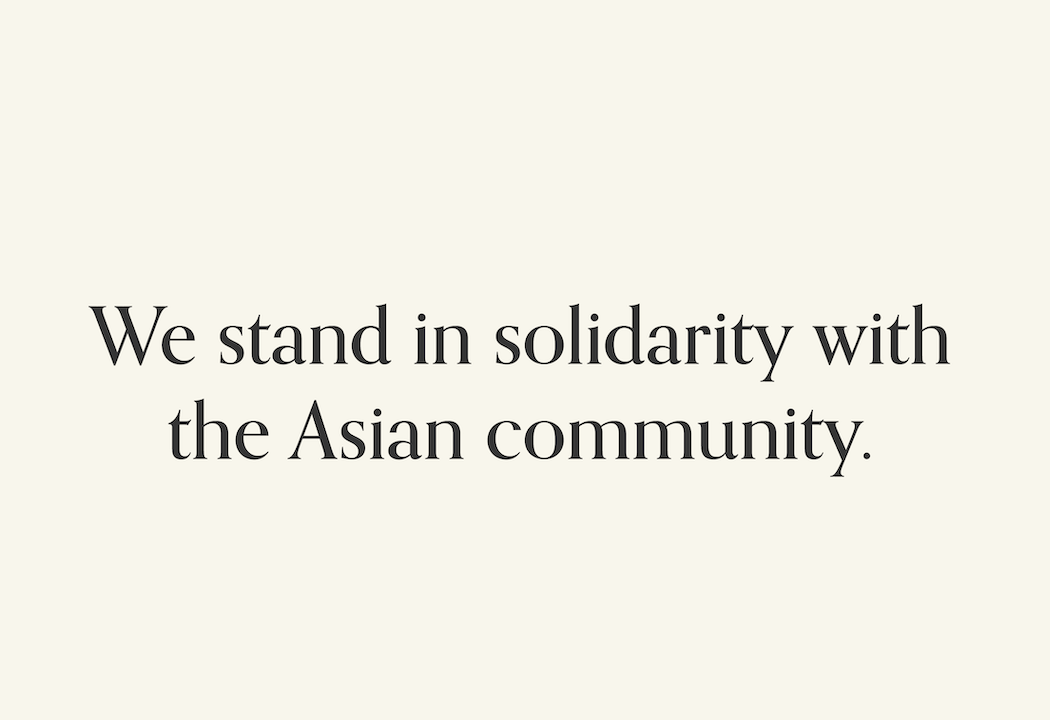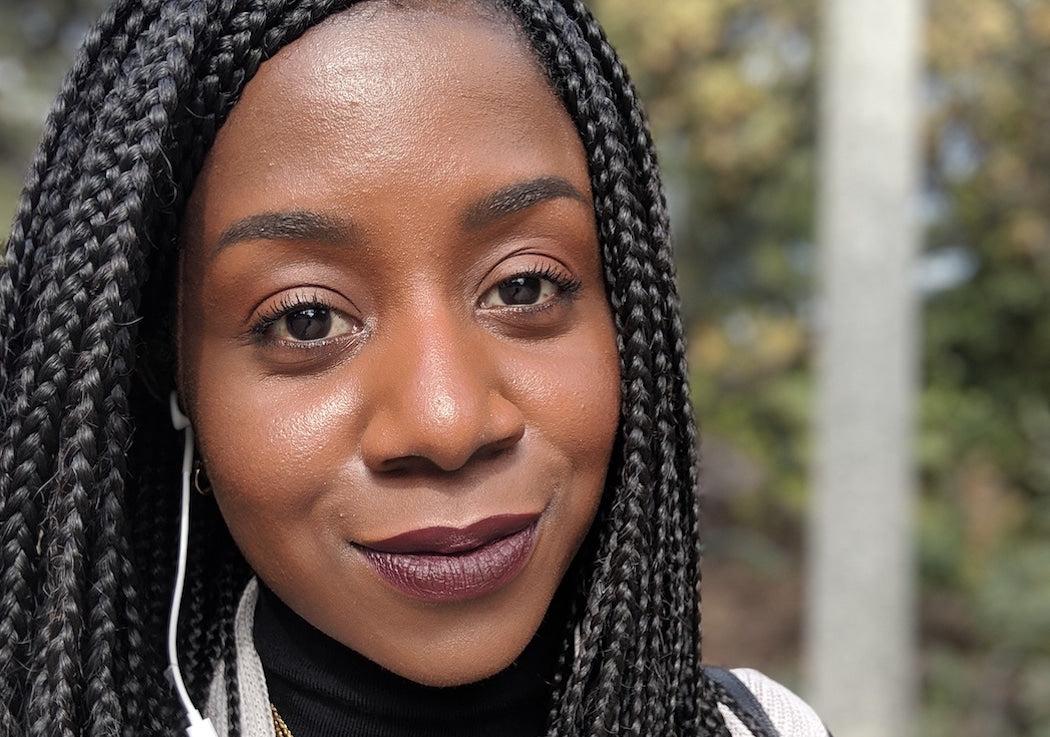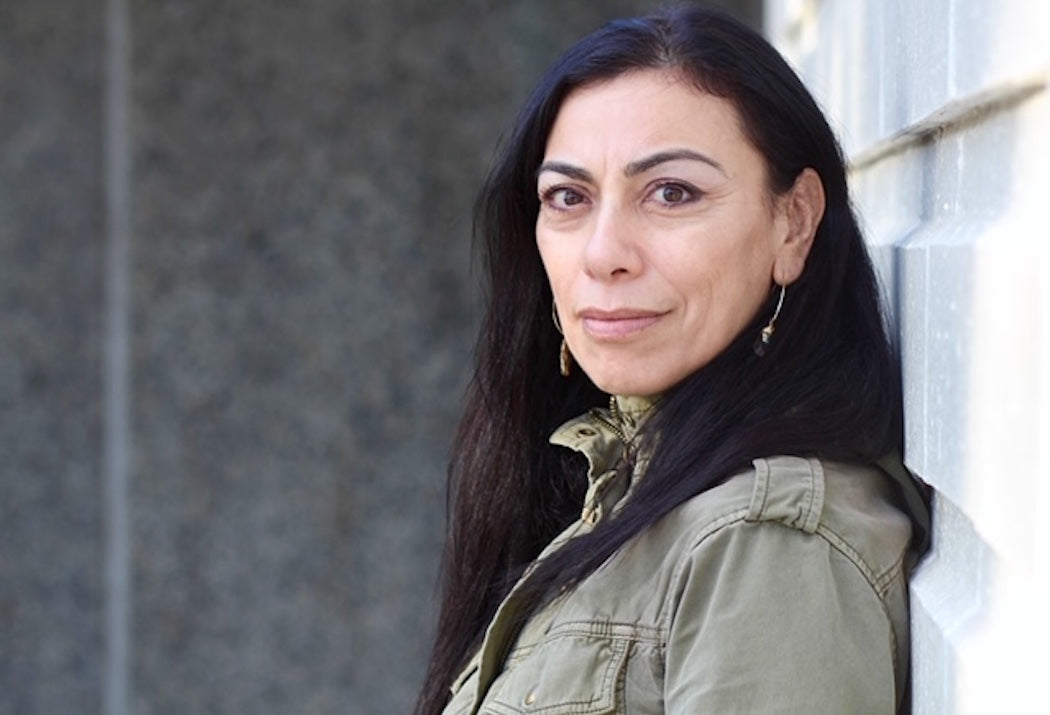For homework, I have to write a goodbye letter to the dad I knew. I haven’t been able to bring myself to do it.
My counsellor gave me the assignment with the hope that it would help me let go and face the fact that, at least for now, my dad is gone. That we’re estranged.
“Love him, care for him, appreciate him, and learn to have a relationship with him in memory,” she said. “There are blanks—things you may never understand—that you can’t fill in. Until he shows he is ready to make the effort, you have to keep distance.” Deciding to issue that time apart is by far one of the most painful things I’ve ever had to do. How did we get here?
Three years ago, things just started to feel…off. There were fewer calls and fewer visits, until, over time, despite our best efforts, my sister and I felt more like his acquaintances than daughters. Efforts to reconcile were dismissed, and asking for more time together was made to seem ridiculous. The tension pushed us to an ultimatum: family counselling or time apart. We didn’t talk for months, until finally he caved. Together in our sessions, the three of us made a family agreement to move forward—no digging up old conversations, no finger-pointing, and no excuses.
And for a minute, it seemed to work. I thought I got through, that we could reset our expectations around who he was now—and that over time, we could come to a new place in our relationship. Instead, in our last session, he turned the tables and confronted me with a slew of accusations.
That was my limit. The cocktail of anger, frustration, and disbelief I’d been served kept me awake for 48 hours straight. Lethargic and sad, I sent a sharp email to him, outlining my hard boundaries and asking for accountability. “I have every right to place limits on my energy,” I recited to myself as I typed at 2 a.m. But even now, a few months later, it’s hard to not go back to my email and re-read my final line to him—“Any reply, unless it includes an apology, will not be responded to”—and hope that somehow, he’ll care enough to try to work on this again.
The flip side is, I’m no longer waiting for the other shoe to drop. For years my sister and I were stuck in a cycle of seeing him and thinking everything was great, before he’d come back with a statement on how he’d been wronged—perceived slights that stemmed from his inability to communicate in the moment. The okay-not-okay flip-flop created intense anxiety for us, wreaking havoc on our mental and physical health. Cutting ties felt like the only option left.
How that intense grief feels in your body is hard to explain, and I’m sure for everyone it’s different—a mix of loss and relief. In my case, the guttural emptiness left me bewildered, and I tried to evict the feeling from my body through “a good cry” more times than I can count. I didn’t get it. I still don’t get it. I never stopped being his daughter—why did he get to stop being my dad?
In the months that have followed, I’ve ventured on an odyssey of emotions. I’ve felt unlovable. Worthless. Invisible. Angry. Strong. Determined. Exhausted. Fragile. Sick. Abandoned. And the big one: heartbroken. With time, the pain has lessened, but the constant oscillating between grief and hope has been more draining than I ever could have imagined. I’ve tried to throw everything at my unease: acupuncture, massage, counselling, exercise, and even working with a dietician to address the extra weight that I couldn’t seem to drop. Constantly being on edge had knotted my stomach, exhausted my muscles, and made my system hold onto everything, as if I were in survival mode.
I know that my sister and I did everything we could think of within the limits of our health to save the relationship, and eventually, stepping back became an act of self-care. Yet, estrangement is a double-edged sword: knowing we opted out of each others’ lives, regardless of the fact that the decision was made for self-protection, doesn’t make it sting any less.
I hear an echo of “he’s gone” in my head daily. Frequently, I lie awake at night and think of how angry I should be at him—but the hurt lingers more than hate. When I finally close my eyes, what I feel more than anything is loss. I still miss him every day. I still hope for him to be happy every day. And I still love him. Every day.
Trying to write my goodbye letter brought up memories that were meant to be treasured, but now feel impossible to revisit. The hardest are the nights when I remember that as kids, my sister and I would climb into my dad’s bed and listen to him read to us; and when we were old enough, we’d read to him. The Berenstain Bears, the misadventures of Jillian Jiggs, The Balloon Tree, and pretty much everything by Robert Munsch.
Those moments of learning and safety and love feel impossible to let go of. I try every day, but even now, I’m still not ready for the last page. I’m still not ready for The End.











